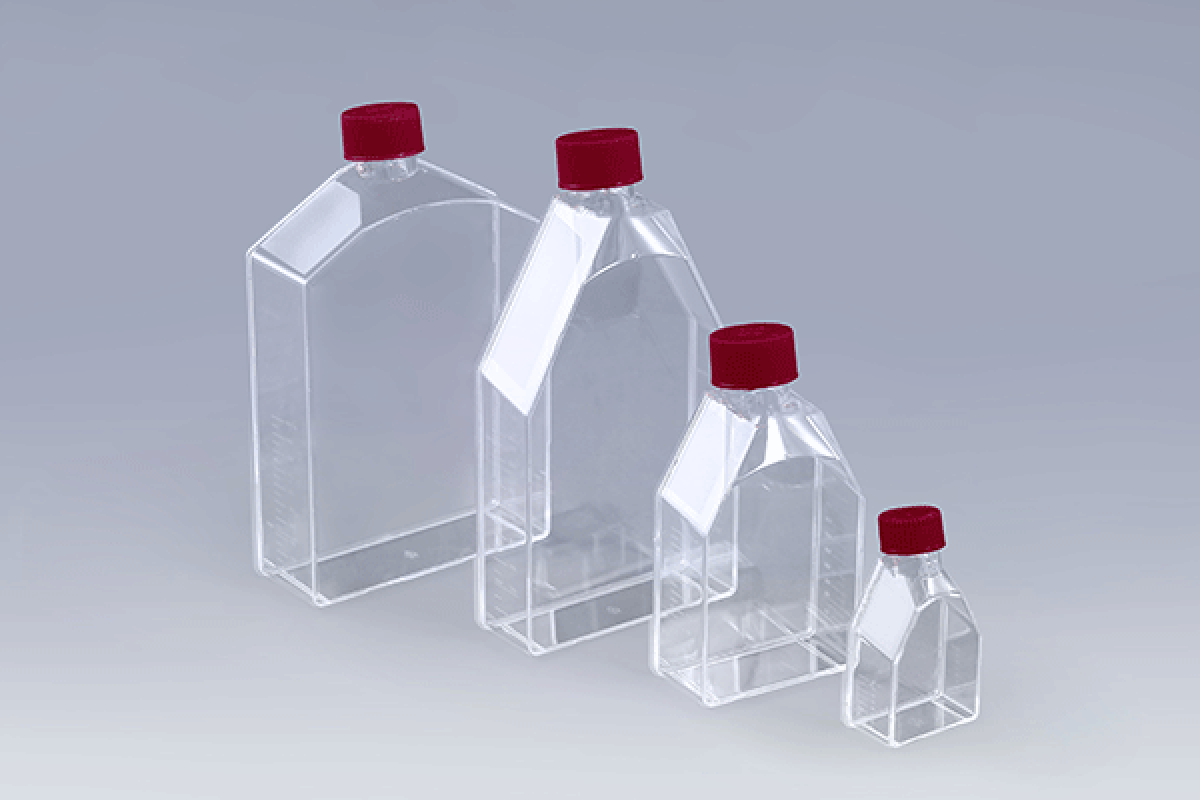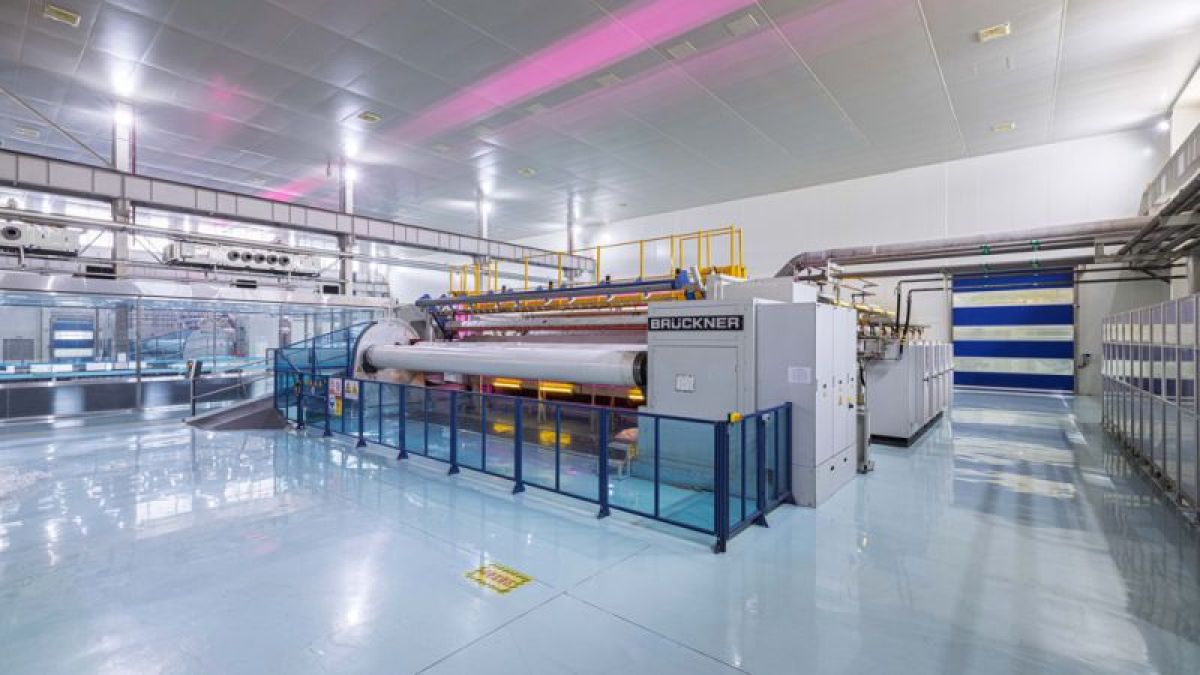Tissue culture flasks are essential in vaccine and monoclonal antibody production, supportingadherent cell growth for Vero, CHO, and MDCK lines. With PS material and TC-treated surfacesFDCELL flasks ensure consistency, sterility, and smooth transition from lab-scale culture to large.scale manufacturing.
In modern biopharmaceutical production, adherent cell culture remains the cornerstone of vaccine development and monoclonal antibody (mAb) manufacturing. At the foundation of this process lies a familiar yet critical laboratory vessel — the tissue culture flask.
Though simple in appearance, the design and performance of tissue culture flasks directly influence the stability, reproducibility, and safety of upstream cell culture operations.
1. A Reliable Platform for Seed Culture
The early stage of vaccine or mAb production begins with seed culture, where a small number of adherent cells are expanded to generate master and working cell banks.
Tissue culture flasks — typically TC-treated polystyrene (PS) flasks — provide a uniform, sterile, and transparent environment ideal for this step.
Consistent surface treatment ensures even cell attachment for Vero, MDCK, CHO, and BHK cells.
Stable gas exchange through vented caps supports cell metabolism and growth.
Excellent optical clarity allows researchers to monitor confluence and morphology in real time.
These properties make tissue culture flasks indispensable in small-scale seed expansion prior to scaling up into cell factories or bioreactors.
2. Linking Laboratory to Industrial Scale
In vaccine production, adherent cell lines like Vero or MDCK are first cultured in T-flasks before being transferred into multi-layer systems such as cell factories or roller bottles.
For monoclonal antibody (mAb) production using suspension-adapted CHO cells, tissue culture flasks are used to evaluate new media formulations or genetic constructs before scaling up to stirred-tank bioreactors.
Thus, the tissue culture flask acts as the bridge between R&D and industrial production — providing early predictive data on growth kinetics, morphology, and productivity under controlled, reproducible conditions.
3. Toward Closed and Contamination-Free Systems
As the biomanufacturing industry moves toward closed and automated processes, the traditional tissue culture flask remains relevant by integrating into single-use and aseptic assembly systems.
When connected via sterile tubing and filters, tissue culture flasks can operate within semi-closed culture loops — reducing manual handling and minimizing contamination risk.
Manufacturers like FDCELL further enhance reliability through:
ISO 9001 & ISO 13485 certified production,
C-grade cleanroom manufacturing,
and gamma-sterilized packaging to ensure every flask meets biopharma-level sterility standards.
4. Conclusion
From vaccine strain development to monoclonal antibody discovery, tissue culture flasks remain the fundamental tool for adherent cell propagation, media testing, and early process optimization.
Their stability, transparency, and compatibility with sterile systems make them essential for achieving reproducible results in regulated biomanufacturing environments.
As the industry continues its transition toward automation and scale, FDCELL’s high-quality tissue culture flasks serve as a dependable starting point for innovation and production excellence.




